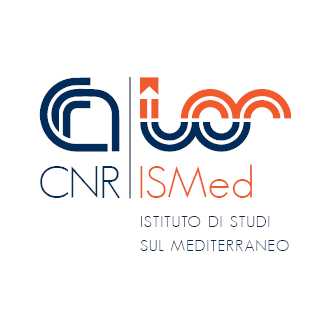A case of political instability in the heart of the Mediterranean: post-colonial Libya

A case of political instability in the heart of the Mediterranean: post-colonial Libya
INVITATION TO THE SEMINAR IN THE CYCLE
‘Studying the Mediterranean’:
A case of political instability in the heart of the Mediterranean:
post-colonial Libya
13 February 2024 4.00 p.m.
CNR-ISMed
Humanities Pole (VI floor)
Via Cardinale Guglielmo Sanfelice, 8
80134 Naples
Remote participation on Microsoft Teams:
Libya boasts a position as a link between the Mediterranean and sub-Saharan Africa; at the same time, it represents a connecting link between the Middle East and the Maghreb. This position has gained in importance since oil deposits were discovered in the late 1940s. In the early 1960s, Libya began exporting crude oil and within a few years the country became the largest producer on the African continent (58.5 million tonnes of oil per year). Since the early 1970s, oil activity has been complemented by the exploitation of an increasing number of natural gas deposits. These two factors, strategic location and energy sources, have increasingly influenced Libya’s political fate.
Today’s Libya is a fragmented state and pays for decades of the absence of political parties during both the monarchical and Jamahiryya periods. Indeed, the absence of parties, which would have fostered the spread of ties based on common ideologies and political interests other than tribal ones, slowed down the overcoming of archaic tribal power in the country. Since the General National Congress took office on 8 August 2012, several prominent Libyan personalities have been called upon to lead the country’s government, but without succeeding in overcoming the difficult political crisis, aggravated by the political and military division within the country, currently led by two governments and with divisions in the parliament elected in the last elections on 25 July 2014.
THE SPEAKER Souadou Lagdaf is Associate Professor of History of Islamic Countries at the University of Catania. Her research interests include the history of Western Sahara, the Sanusiyya brotherhood in Libya, the social anthropology of customs, traditions and religious commandments in Mauritanian society, and gender issues.
PROGRAMME
Institutional Welcomes
Gabriella Corona
Director of the Institute for Studies on the Mediterranean
of the National Research Council (CNR-ISMed)
Speaker
Souadou Lagdaf
University of Catania
Introduces and moderates
Fabio Amato
University of Naples L’Orientale
Final debate
SCIENTIFIC COMMITTEE:
Gabriella Corona, Desirée A.L. Quagliarotti
CNR-ISMed
INFO AND CONTACTS
desiree.quagliarotti@ismed.cnr.it
www.ismed.cnr.it
HOW TO JOIN:
The seminar is open to the public, subject to availability.
It is also possible to participate remotely, on Microsoft Teams: http://tinyurl.com/3s76z5k8
Last update
2 February 2024, 09:39

 CNR – ISMed
CNR – ISMed